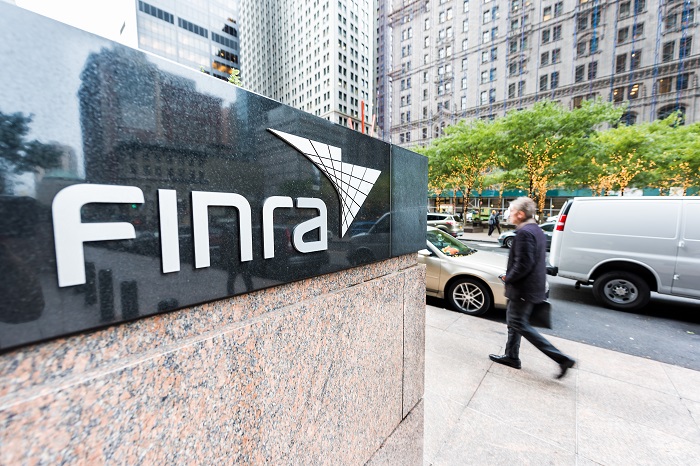The Second Circuit was relatively quiet when it came to the Fair Debt Collection Practices Act (FDCPA) and the Telephone Consumer Protection Act (TCPA) in 2020, but when it did issue opinions, several were quite impactful in our industry.
Posts published in “Consumer Financial Services Law”
The Consumer Financial Protection Bureau has released its final rule for the Fair Debt Collection Practices Act. The release of the rule promises to bring substantial changes in consumer debt collection practices.
On Sept. 9, 2020, California Assembly Bill 1885 was enacted, significantly increasing the amount of California’s homestead exemption. The amendment becomes effective Jan. 1, 2021.
The Massachusetts Superior Court, Business Litigation Session, recently denied a broker-dealer’s motion to vacate a Financial Industry Regulatory Authority (FINRA) arbitration award requiring it to pay attorneys’ fees to its former employees, holding that the parties’ mutual request for attorneys’ fees in an arbitration can provide the requisite legal basis for an award of attorneys’ fees.
The U.S. Court of Appeals for the Third Circuit recently affirmed the denial of a motion to dismiss filed by a federal student loan lender and servicer against claims raised by the Commonwealth of Pennsylvania alleging violations of federal and state consumer protection laws after the Consumer Financial Protection Bureau filed suit raising similar claims.
The U.S. Court of Appeals for the Eighth Circuit recently held that a reduction of a jury's punitive damages award from $5.8 million to only $500,000 was appropriate where the jury's award was grossly excessive and in violation of the due process clause.
Agreeing with similar rulings in the First, Ninth, and Tenth Circuits, the U.S. Court of Appeals for the Seventh Circuit recently held that the Fair Credit Reporting Act does not require consumer reporting agencies to determine the legal validity of disputed debts.
On June 27, the City of New York’s new rules aimed at language access in debt collection become effective. I am often asked whether they apply to creditors as well. It appears that particular provisions of the new rules do cover creditors collecting their own debt.
The Court of Appeal for the State of California, Fourth Appellate District, recently held that a trial court improperly denied a consumer’s motion to compel an answer to the consumer's special interrogatory, as the interrogatory was relevant to create a reasonable inference which would have defeated a lender’s motion for summary judgment.
Yesterday ARM industry trade associations ACA, New York State Collectors Association and the Receivables Management Association International (RMAI), along with the National Creditors Bar Association and the New York State Bar Association submitted a joint letter to the New York City Department of Consumer and Worker Protection (formerly the Department of Consumer Affairs) requesting a 60-day extension to the effective date of its new language preference rules.
The New York City Department of Consumer and Worker Protection has adopted new rules requiring debt collectors to provide consumers with language preference disclosures and an affirmative obligation to request and record the consumer’s language preference.
In an action by a lender and its affiliate to recover insurance proceeds for defense costs of a federal qui tam action and indemnification for the resulting settlement, the New York Court of Appeals recently held that an arbitration panel can reconsider an initial determination, or “partial final award,” so long as the determination or award does not resolve all of the issues submitted for arbitration.










